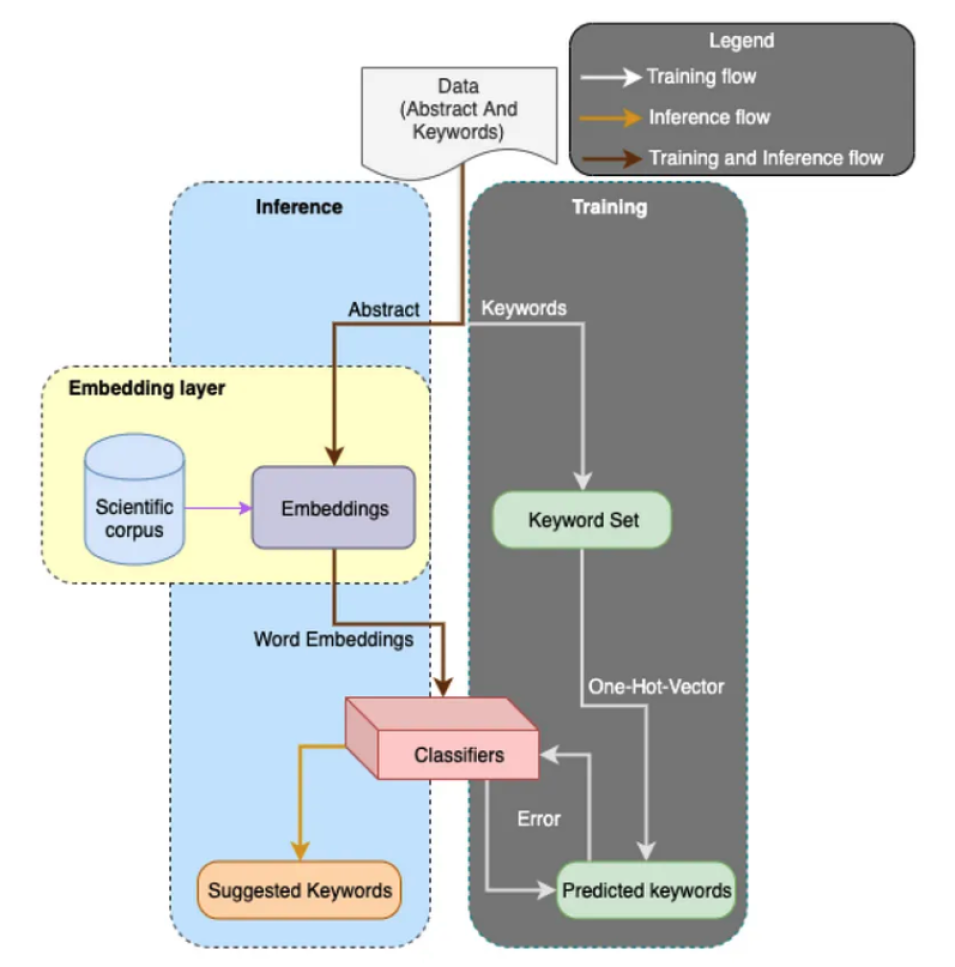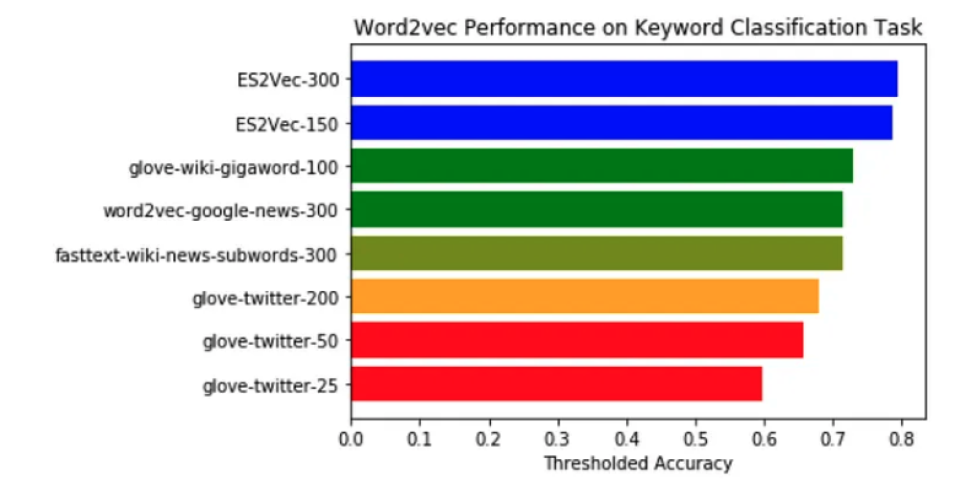Metadata. It’s critical to our knowledge-based society, but it’s something people rarely, if ever, think about. Like rebar inside concrete, metadata provides underlying structure that increases our ability to locate and access relevant data. Here’s an example. The dataset IRS 1C LIS3 Standard Products contains over ten years of detailed data. However, unless you are already familiar with IRS 1C, how can you know if that extensive collection of data is relevant to the knowledge you are seeking to discover?
Enter that overlooked workhorse, metadata. The dataset IRS 1C LIS3 Standard Products is manually tagged with the metadata keywords: Earth science, land surface, surface radiative properties, erosion sedimentation, and geomorphic landform processes. It is this metadata, not the actual data contained in the dataset that allows search engines such as NASA’s Earthdata Search client to connect you with this potentially valuable collection of data. Given the increasing importance of data to our society, robust and accurate metadata across multiple parameters is essential.

